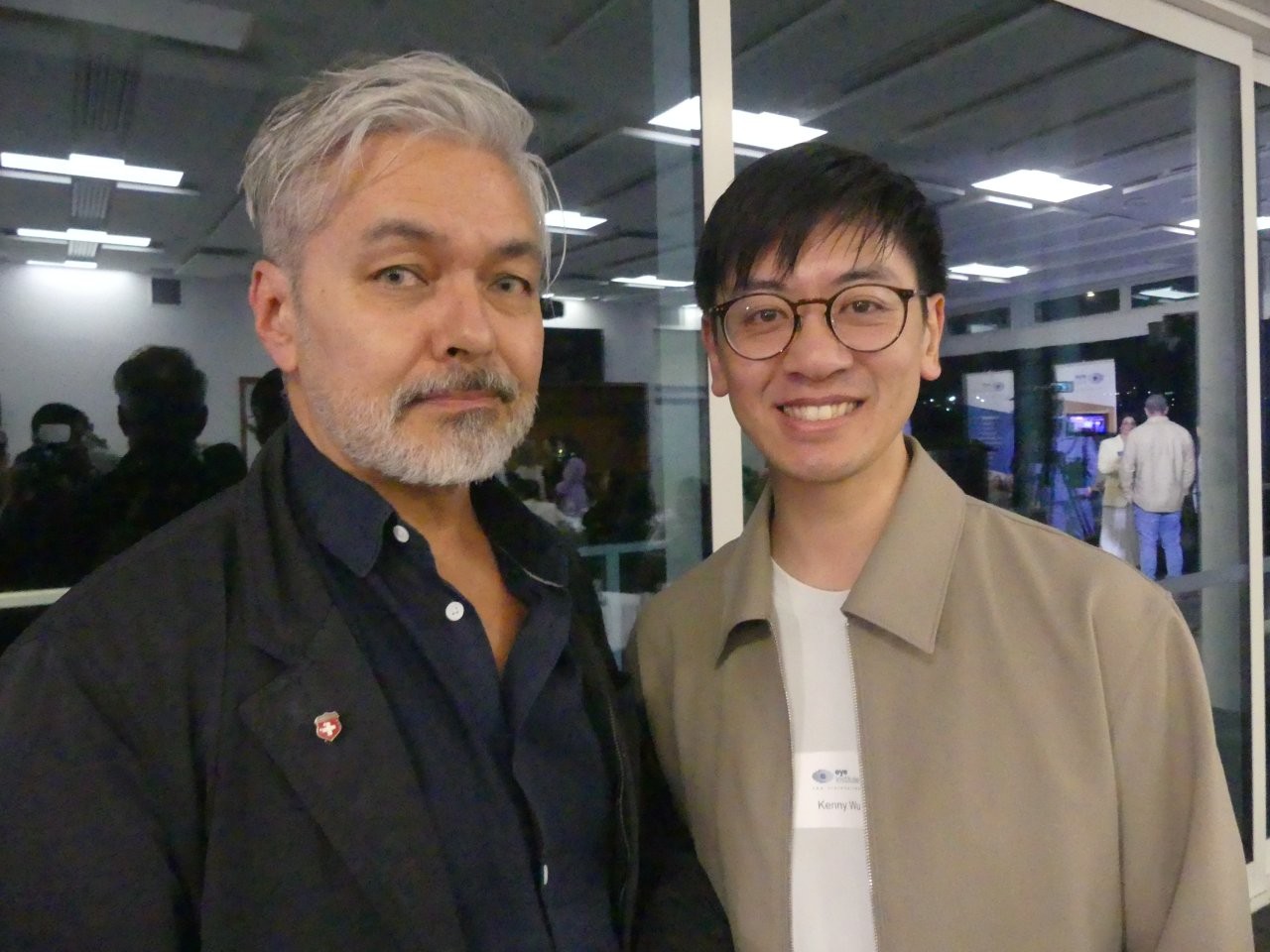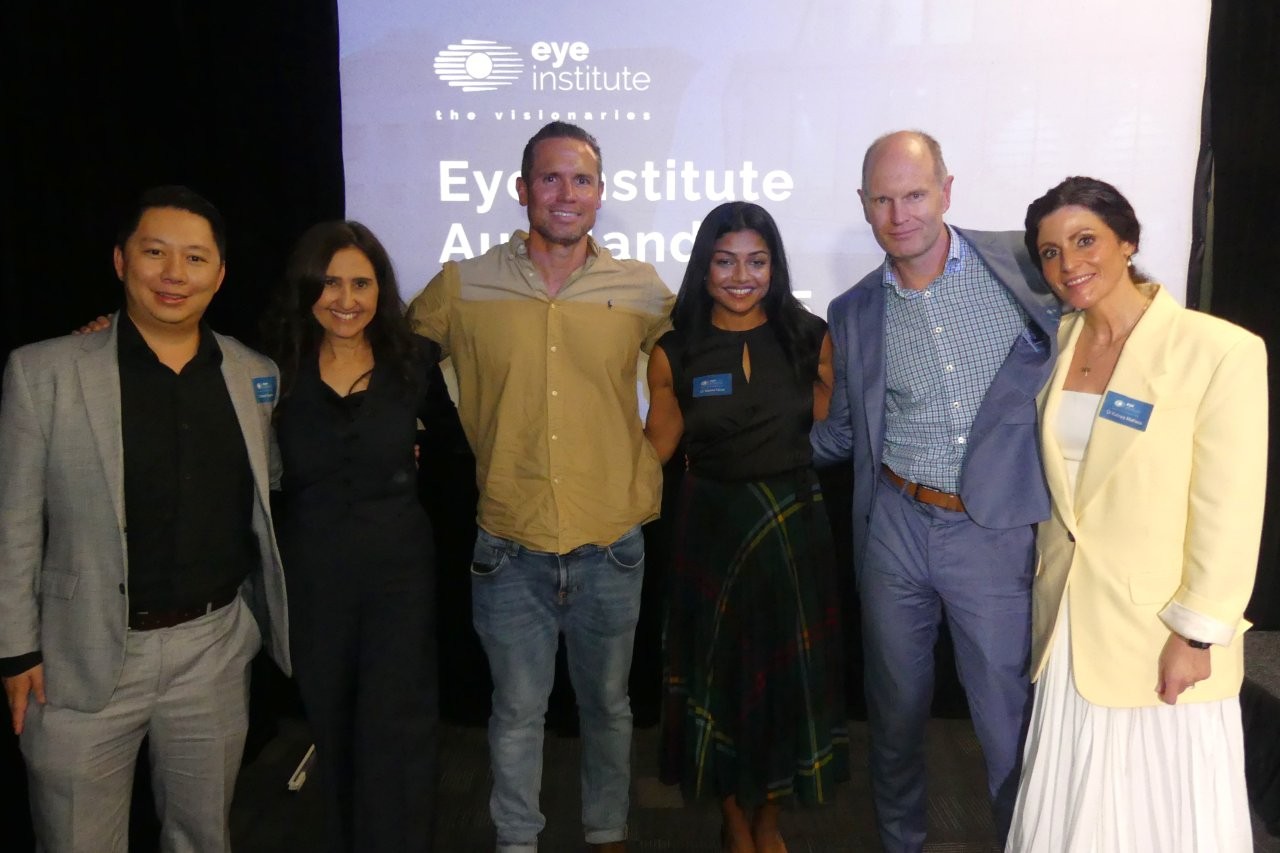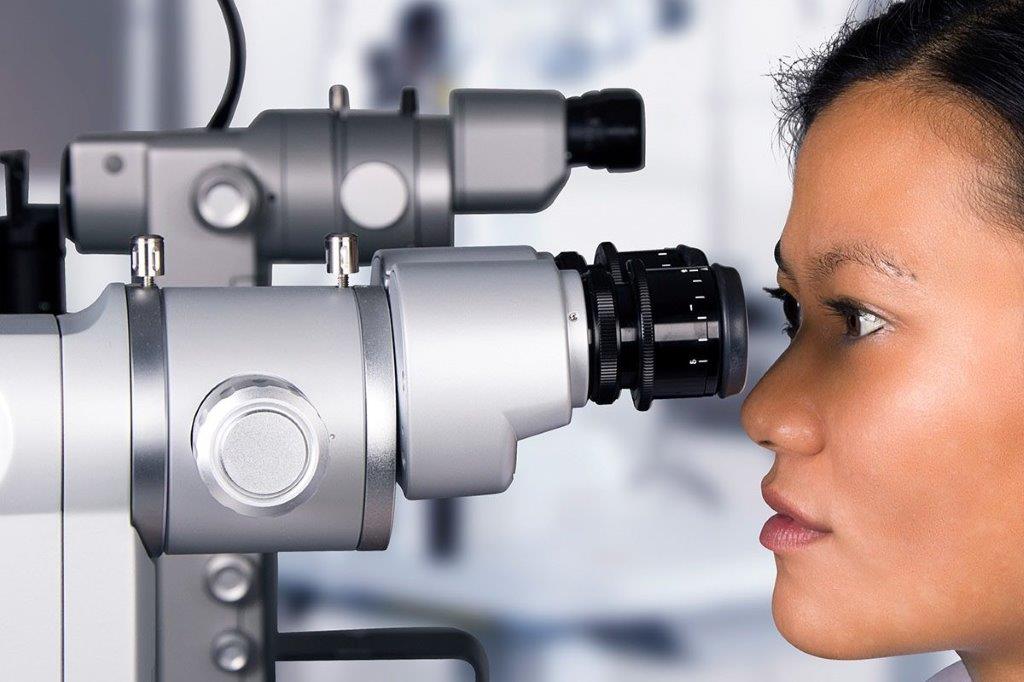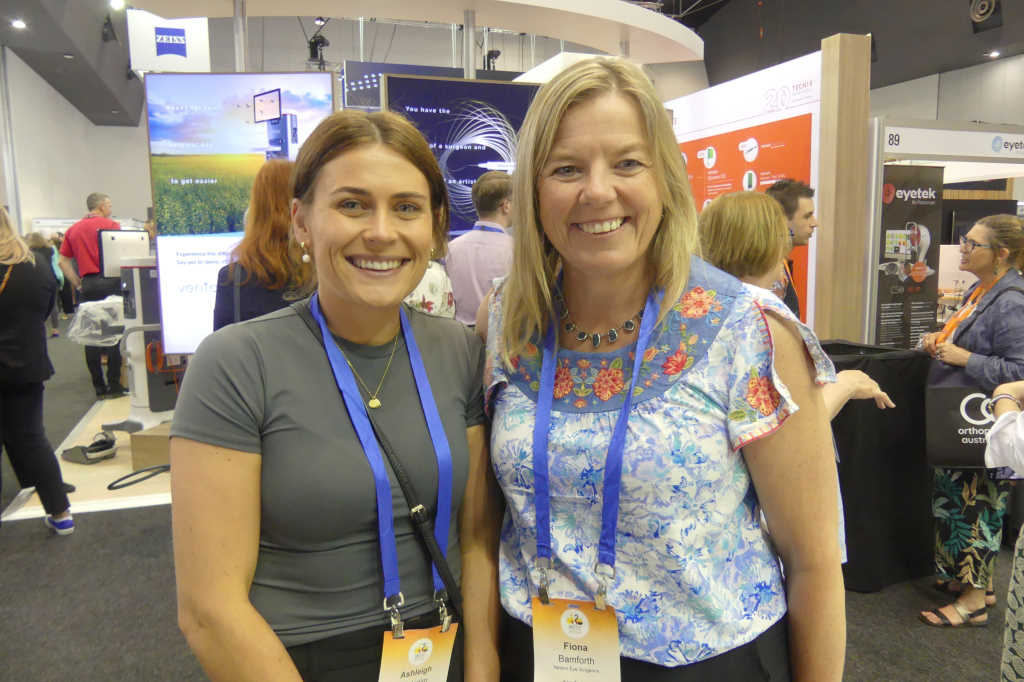LETTER - Re: RANZCO’S attempt to stop optometry scope change
The Optometrists and Dispensing Opticians Board (ODOB, the Board) of New Zealand has received a lot of interest regarding the complaint from the Royal Australian and New Zealand College of Ophthalmologists (RANZCO) about the Board’s approved and gazetted ‘Specialist optometrist scope of practice – ophthalmic laser surgery’. Full details can be read on the Regulations Review Committee’s website and social media platforms. At the time of this letter’s publication, the outcome was still unknown.
To recap, in 2018, the Board was approached by New Zealand-based ophthalmologists and senior optometrists to ask whether optometrists could train and perform YAG laser surgery, with the first formal submission received in 2019. Having optometrists available to perform this surgery would streamline the patient experience and increase clinical throughput in hospital clinics, and reduce wait-time or the need for patients to return for a separate YAG appointment. The latter is particularly problematic for those travelling some distance or who find it difficult to take time off work or commute to the hospital. This change was intended to help improve inequities in health outcomes – a problem highlighted in a 2018 Ministry of Health report which showed that there was insufficient ophthalmology cover but adequate optometrist cover across New Zealand.
The expansion of optometry practice into limited laser surgeries has occurred in many comparable overseas jurisdictions, so research by the Board showed that this was a natural move for modern optometry internationally. In the UK, for example, the number of public eye departments using optometrists to perform laser surgery tripled between 2015 and 2020, while US-based optometrists have performed more than 100,000 laser surgeries, with good public and professional perceptions and no reported increase in harm. Thus, the Board agreed to conduct a pilot study to assess whether an optometrist could be safely trained in limited laser surgery procedures.
Following the successful completion of a 10-month controlled pilot study over 2020 and 2021, a six-week public consultation on the specialist scope of practice and qualifications opened in November 2021, which provided information on international trends, the pilot programme and its outcomes and the Board’s proposals. RANZCO was expressly invited to respond to the consultation. The Board received a total of 23 responses, with the vast majority in support of the specialist scope of practice. All the submissions were carefully considered by the Board alongside all other evidence, including peer-reviewed publications of overseas experiences. As with all its decisions, the Board also took into account its responsibility to ensure public safety within the practice of optometry. Having consulted on the proposal and considered all the information, the Board was satisfied that the specialist scope of practice was an appropriate, albeit limited, expansion to optometry practice in New Zealand. It was also satisfied that the prescribed qualification was robust and provided the appropriate and necessary training to ensure public safety. The Board also considered that the strict prerequisites for applying for registration, and its requirements for ongoing competence and supervision, provided additional protections for public safety.
In May 2022, the specialist scope was officially gazetted to come into force in New Zealand on 1 July 2022. Despite the process and approval, in September 2022 RANZCO submitted a complaint with the Regulations Review Committee asserting (in short) that the Board’s decision to introduce the Specialist scope of practice was an “unusual or unexpected” use of its powers under the Health Practitioners Competence Assurance Act 2003 and that its consultation process did not comply with the Act. If RANZCO’s complaint is upheld, the Regulations Review Committee can recommend to Parliament that the Gazette notices be overturned. These notices allow the Board to set the requirements for registration and to register appropriately trained optometrists in the specialist scope.
The Board’s statutory role is to describe the practice of optometry by way of scopes of practice and to set qualifications for registration in those scopes of practice. After nearly 20 years of regulation under the Act, the practice of optometry has evolved and expanded in line with international trends and the healthcare needs within New Zealand, including the introduction of prescribing. This specialist scope of practice is a further limited extension to optometry practice for suitably experienced and qualified optometrists in a hospital setting.
RANZCO has raised patient safety concerns, which was the key consideration during the Board’s careful and lengthy process leading up to its proposal for the specialist scope of practice. Ultimately, safety concerns were not borne out in the international literature and experience in comparable jurisdictions. The Board remains confident that its actions are consistent with its responsibilities under the Act and its processes demonstrate that its decision has been made in line with the requirements of the Act and with public safety at the forefront.
Optometrists are an increasing part of the public healthcare system in New Zealand. The specialist scope of practice provides an opportunity to improve health outcomes for patients by increasing access to some laser procedures and lessening the risk that people may lose vision while they wait for follow-ups in the public sector. A reduction in hospital visits will also benefit patients from rural and historically underserved communities, of which Māori and Pasifika are often overrepresented. Ministry of Health modelling forecasts a worsening shortage of ophthalmologists over the next 10 years. This specialist scope of practice will allow public hospitals to safely adapt their models of ophthalmological care to enable suitably qualified optometrists to support their ophthalmology colleagues, while freeing up ophthalmologist time for more advanced procedures (with longer waiting lists) requiring their advanced skillset. The specialist optometrist scope of practice is in line with the Ministry of Health and Te Whatu Ora’s Health Workforce Strategy for allied health, technical and scientific work sector (including optometrists) to work “at the top of scope to best support the community” and to support them to “be confident to think and act beyond traditional models of care.”
Given the hard work and enthusiasm of both ophthalmologists and optometrists seeking this expanded optometry practice, the Board will be sorely disappointed should the RANZCO complaint be upheld, and the registration pathway in the specialist optometrist scope be withdrawn.
Regardless of the decision, the Board will continue to work with the Ministry of Health to implement the Health Workforce Strategy within the current health system and remains committed to its responsibility to protect the health and safety of the public by ensuring that optometrists are competent and fit to practise optometry.
For more see, www.nzoptics.co.nz/articles/archive/yag-laser-optometry-scope-change-approved/
























